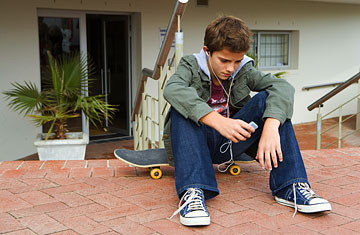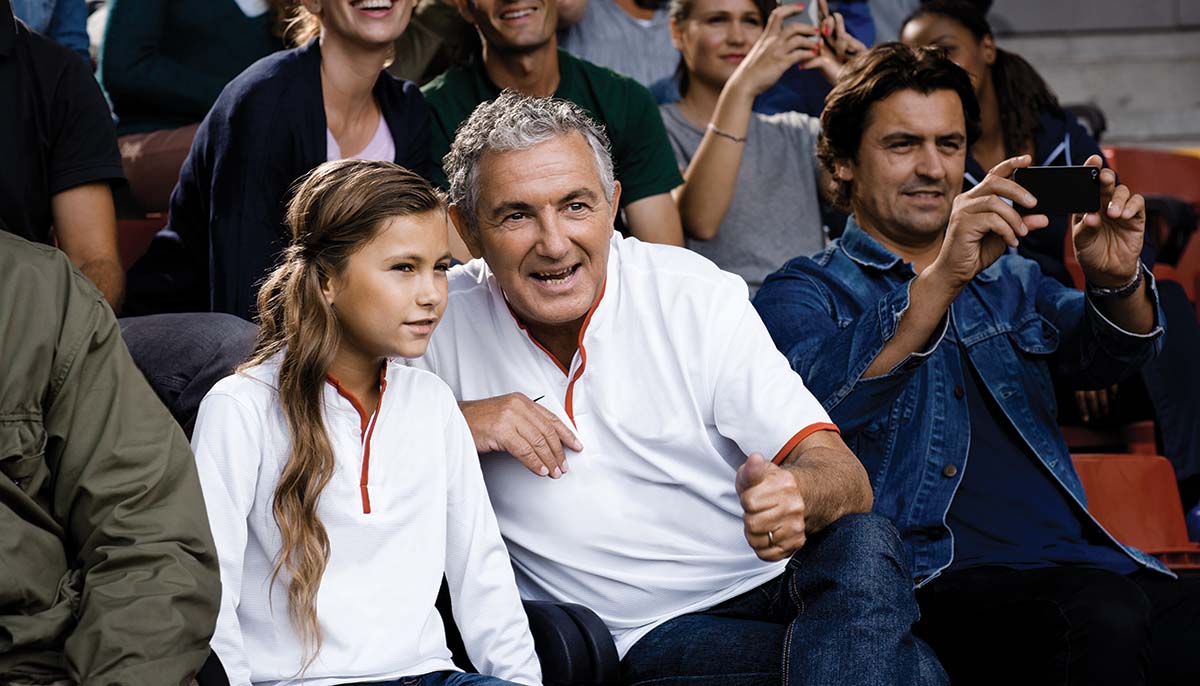The weather is beautiful, and it’s time for a family trip. But be aware: if your children use earbuds or earphones during travel, the sound may be loud enough to damage their hearing. It’s up to you to monitor the level of sound to which they are exposed.
Q: Aren’t children’s electronic devices regulated on the maximum volume they can produce?
A: Unfortunately, no. According to a New York Times article, no required standard “restricts the maximum sound output for listening devices or headphones” sold in the U.S. The Times cites a study that examined 30 headphones marketed to children and found that half of them failed to restrict volume to their advertised limits. Some allowed the sound to be “damagingly loud.”1
Q: Can an electronic device’s sound level injure my child permanently?
A: Hearing damage depends on sound volume and amount of exposure, so the loudness of a child’s electronic device and how many hours a day the child uses it are crucial to their hearing health. Fifty percent of children as young as 8 to 12 may listen to music daily (nearly two-thirds of teenagers do). Even if younger children aren’t listening to loud music, many noisy games are marketed to them.
Hearing damage can occur at any age, and once damaged, the delicate organs of the ear cannot regenerate.
Be sure to protect your children’s hearing. When they are older, they will be glad you did!



